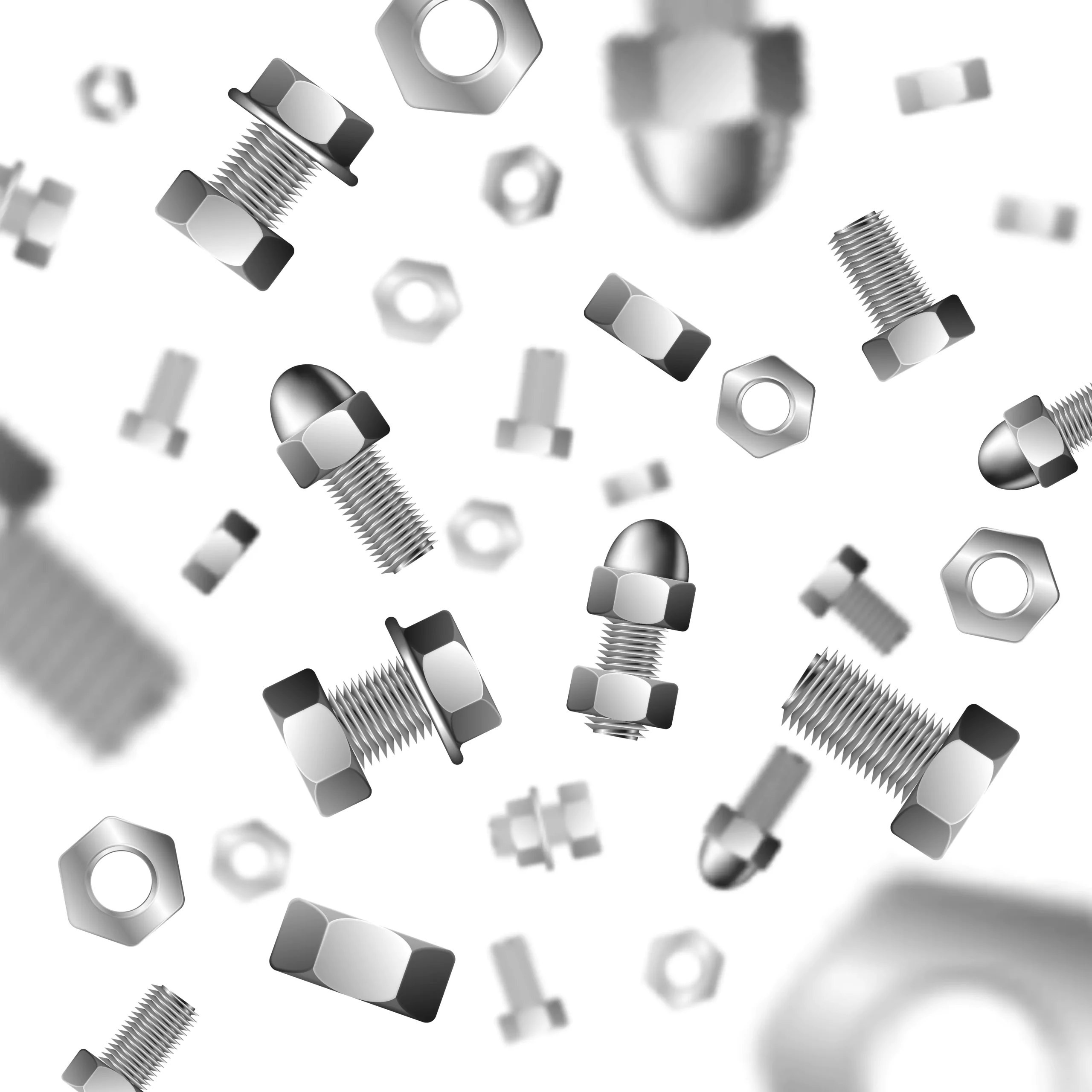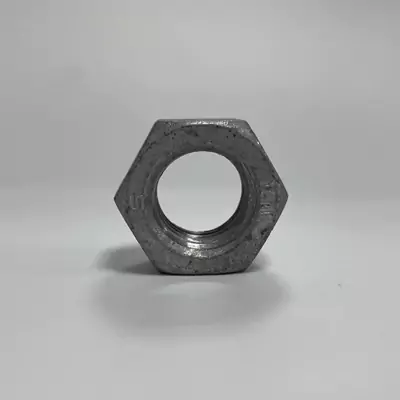caTEGORIES
Tags
Coarse vs. Fine Threads: Selecting the Right Option for Your Project

Posted: May 22, 2025
Categories:
In situations where lasting quality is important sturdy fasteners are essential components to consider carefully for their durability and strength requirements vary depending upon the type of thread used – coarse threads are commonly coated with zinc or galvanization to prevent corrosion while fine threads may require additional treatments to ensure comparable toughness levels, in varying conditions; for example Hexagon Head Bolts DIN 931 are specially crafted with coatings that assure sustained performance even in challenging environments.
What Are Coarse Threads?
Definition and Overview of Coarse Threads
Coarse threads have a wider spacing between threads compared to fine threads. This design enables faster installation and removal since fewer rotations are needed. These threads are ideal for high-strength uses, especially where fasteners face vibrations or heavy loads.
What Are Fine Threads?
Definition and Overview of Fine Threads
Fine threads have a tighter pitch, meaning more threads per unit length. This creates a more exact and secure fit. They are often chosen for delicate materials or when precise alignment is necessary.
How Do Coarse and Fine Threads Differ?
Key Differences Between Coarse and Fine Threads
The main difference is thread spacing. Coarse threads have wider gaps, making assembly quicker but less exact. They work well with soft materials and resist stripping. Fine threads have closer spacing, offering better load sharing and a firmer hold. However, they take longer to install.
Why Choose Coarse Threads for Certain Applications?
Coarse threads simplify assembly and disassembly. Their larger spacing makes them easier to align, especially in rough conditions. They also resist cross-threading and handle dirt or minor damage better than fine threads. These traits make them reliable in tough settings.
Advantages of Using Coarse Threads
Strength in High-Stress Applications
Coarse threads are well-suited for high-stress environments. Their larger thread size distributes stress over a broader area, reducing the likelihood of failure under heavy loads.
Resistance to Stripping in Softer Materials
When working with softer materials like wood or aluminum, coarse threads provide better resistance to stripping. The larger thread profile grips the material more effectively, ensuring a secure connection.
Common Applications for Coarse Threads
Heavy-Duty Machinery and Construction
Coarse-threaded bolts and nuts are indispensable in heavy-duty machinery and construction projects where strength and durability are paramount.
Use in Industrial Bolts & Nuts
Coarse threading ensures reliability under demanding conditions for industrial-grade fasteners like Hexagon Head Bolts DIN 931. These bolts are ideal for fastening components securely while withstanding significant stress.
When Should You Opt for Fine Threads?
Fine threads resist loosening from vibrations better. Their tight spacing allows more contact points in the same length, improving grip. This makes them great for moving parts or sensitive devices needing exact adjustments.
Advantages of Using Fine Threads
Precision and Tightness in Assembly
Fine threads excel in scenarios requiring precise adjustments or tight assemblies. Their design minimizes the risk of loosening over time, making them ideal for applications needing meticulous alignment.
Improved Load Distribution
The increased number of contact points in fine-threaded fasteners allows for better load distribution. This characteristic reduces stress concentration, enhancing the overall durability of the connection.
Common Applications for Fine Threads
Aerospace, Automotive, and Precision Engineering
Fine-threaded fasteners find widespread use in aerospace and automotive industries where precision is critical. They ensure secure connections even under dynamic loads or extreme conditions.
Utilization in Specialized Fasteners
Specialized products like Metric Hexagon Full Nuts DIN 934 often feature fine threading to meet specific engineering requirements. These nuts provide enhanced corrosion resistance and adaptability across various applications.
Factors to Consider When Choosing Between Coarse and Fine Threads
How Does Material Compatibility Influence Thread Selection?
Material type affects thread choice. Coarse threads suit soft materials, like wood or aluminum. Their bigger size prevents stripping. Fine threads work better with hard metals like steel or brass. They offer a snug fit and stay put under strain.
Why Are Environmental Conditions Important in Thread Selection?
Harsh settings demand durable fasteners. Coarse threads often have coatings like zinc or galvanizing to fight rust. Fine threads may need extra treatments for similar protection. Products like Hexagon Head Bolts DIN 931 use special finishes to last in tough conditions.
Recommendations for Specific Projects with QEWIT Products
What Is the Best Thread Type for Structural Projects?
Fasteners are essential in construction and heavy machinery projects as they contribute to the durability and stability of structures. Coarse threaded bolts are popular for their strength and ability to endure loads without stripping under pressure. For instance high tensile steel bolts with threads efficiently distribute stress over an area reducing the chances of structural failures in assemblies. These characteristics make them ideal, for construction and heavy equipment projects.
Which Fasteners Should You Choose for High-Precision Assemblies?
When putting together assemblies with high precision requirements, it’s common to use finely threaded fasteners to achieve tight fits and secure connections. These specialized fasteners are particularly well-suited for industries like aerospace and engineering, where precision is crucial. For instance Metric Hexagon Full Nuts DIN 934 available at this link are designed with threading to evenly distribute loads and minimize stress points. These characteristics make them essential, for projects that demand alignment and attention to detail.
How Does QEWIT’s Product Range Support Diverse Needs?
QEWIT supplies a wide variety of fasteners. Their coarse-threaded bolts suit heavy-duty tasks. Fine-threaded nuts fit precision work. All products meet global standards, ensuring quality for different industries.
FAQs
Q1. How do you pick between coarse and fine threads?
A: Consider material, environment, needed precision, and load capacity.
Q2. Do coatings make threaded fasteners last longer?
A: Yes. Zinc plating, galvanizing, and other finishes help prevent rust.
Q3.Can fine threads handle heavy loads?
A: They can, but they are better for precise jobs than extreme force.


